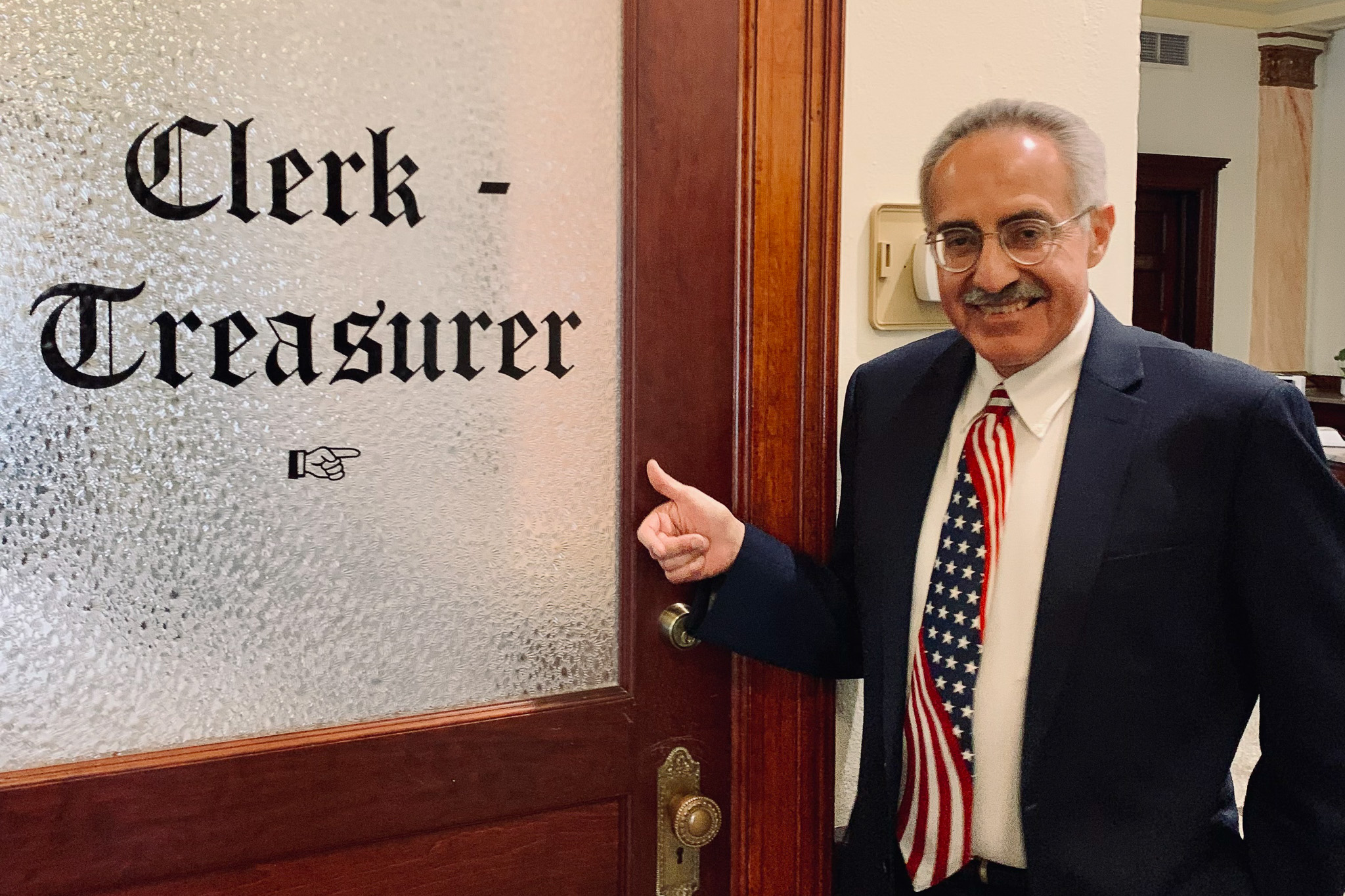Growing up in Santa Barbara, California, Richard Aguirre was no stranger to heavy political conversation. Bearing witness to many different local political movements and watching historically important figures on T.V., he was always aware and invested in the current affairs that came with the “turbulent” nature of the 1960s. Events such as the coverage and protests of Vietnam, listening to Martin Luther King Jr.’s speeches, the civil rights protests, watching the women’s movement unfold and the environmental movement, which, according to Aguirre, started with the Santa Barbara oil spill of 1969.
Because of this, Aguirre understood the importance of both news and politics at an early age, which in part stemmed from his politically active parents, and led to his passion for his 26-year journalism career and his work in politics.“From the time I was in elementary school, I had a real strong interest in current affairs and politics,” Aguirre said. “Partly because my parents subscribed to a daily newspaper. And then down the street, there was a guy … who was a reporter.”
An early memory Aguirre could recall was one of John F. Kennedy, who was hailed as a hero in his household.
“They had two pictures in the house that I remember,” Aguirre said. “One was that very famous, stylized picture of Jesus Christ and a portrait of John F. Kennedy.”
Aguirre is the middle child of seven siblings and became the first in his family to graduate college, where he majored in journalism at California State University-Fresno while running on scholarship for the cross country and track teams.
Aguirre’s story, however, doesn’t begin with the beautiful hills and landscapes of California, but rather in the quaint town of Ysleta, Texas. It’s a border town roughly 24 minutes away from the U.S.-Mexico border. His father was a carpenter and his mother a factory worker, neither possessing more than an 8th grade education. His grandparents were both immigrants who fled from Mexico in pursuit of a better life in America.
After graduating college, Aguirre went on to work with local newspapers. He worked with multiple papers over the years, covering “primarily government and civil rights,” he said. “One of the things I started reporting then, which has remained an interest throughout my life, was getting involved in finding out what was going on with immigrants and migrants and covering issues related to them.”
Toward the end of his career in newspaper, however, a number of factors — including staff cuts, reduced coverage and a downward trend in the quality of local news — contributed to the switch in his career.
Aguirre has continued his advocacy for Hispanic and Latino groups as clerk-treasurer in Goshen, while giving much of his time to both the community and Goshen College.
His efforts toward building the Hispanic student population at GC were also impactful. When he first began working at the college, the Latino enrollment was 6%, and when he left it had jumped to roughly 26%, according to Aguirre.
“Working with Richard was about diving into deep conversations about social justice and racial equity for our minority students at Goshen College,” said Gilberto Pérez Jr., dean of students and vice president for student life and Hispanic serving initiatives at GC, who is a longtime friend and co-worker of Aguirre.
Aguirre has contributed to the city in a number of other ways as well.
One such contribution was that Aguirre brought roughly 3,000 people together in opposition to the construction of the Elkhart County Immigration Detention Center.
Another was launching an ID program called Goshen Residential Identification card or GRID cards, which according to goshenindiana.org is for the elderly, homeless and the undocumented. “It’s recognized as a valid idea in the city of Goshen, so you can get city services like sewer and water turned on,” Aguirre said. “And you could use it as a secondary form of ID in some banks.”
While working at GC, Aguirre saw the need for greater action following the inauguration of President Donald Trump. “What really spurred the greatest interest … was at the college and Donald Trump was elected, in the fall of 2016,” Aguirre said. “It created a lot of fear in the community.”
There were many worries among the Hispanic and Latino student population about the people who were under DACA, the Deferred Action for Childhood Arrivals program.
According to Aguirre, they were worried about “what would happen to our immigration system. Whether there would be greater enforcement, and whether students who came here, and were benefiting from … DACA … might be deported.”
These fears led to him creating a help-support group to provide financial assistance and a support network for those who needed it, but it quickly turned into a support system for the students and their families, providing medical care for people who are uninsured.
Now, with the election once again underway, Aguirre, as a long-time activist, had worries about the levels of public involvement, saying, “One of the things that I am concerned about — and I hope this election doesn’t make it worse — is that people have become increasingly cynical about government.”
Aguirre went on to add, “I don’t know how high the national turnout will be … and I think if it’s not as high as it should be, the primary reason will [be that] people have become disenchanted with government, disappointed with government. They don’t have faith that government can change or improve their lives.”




